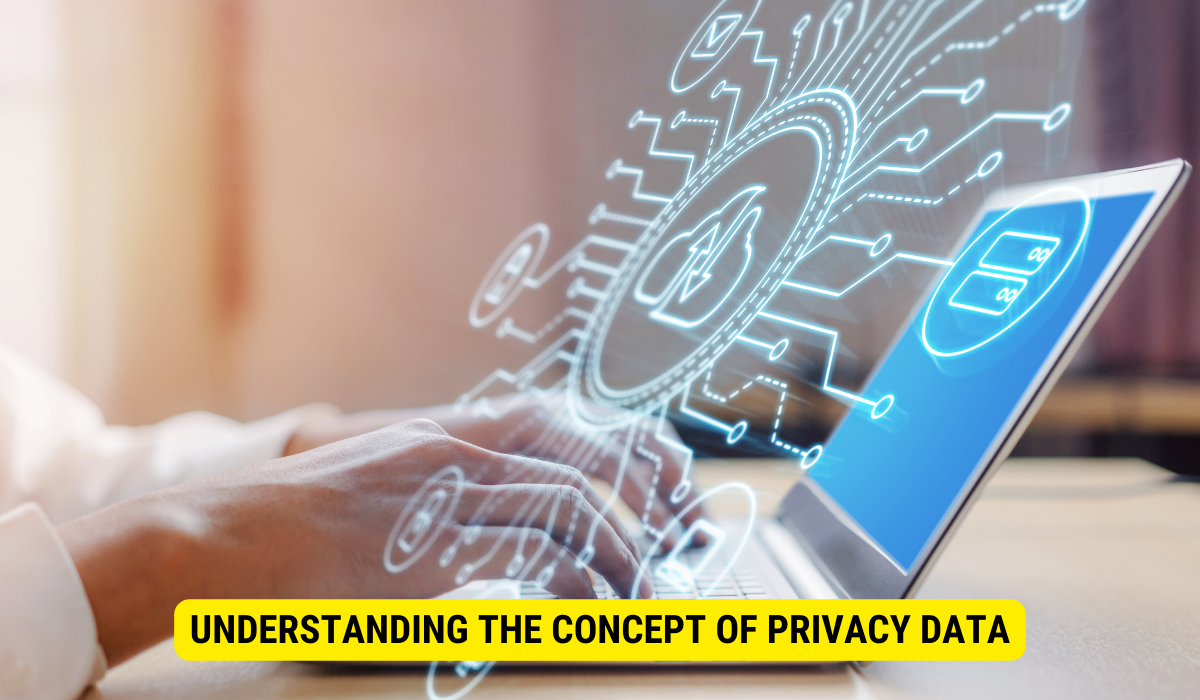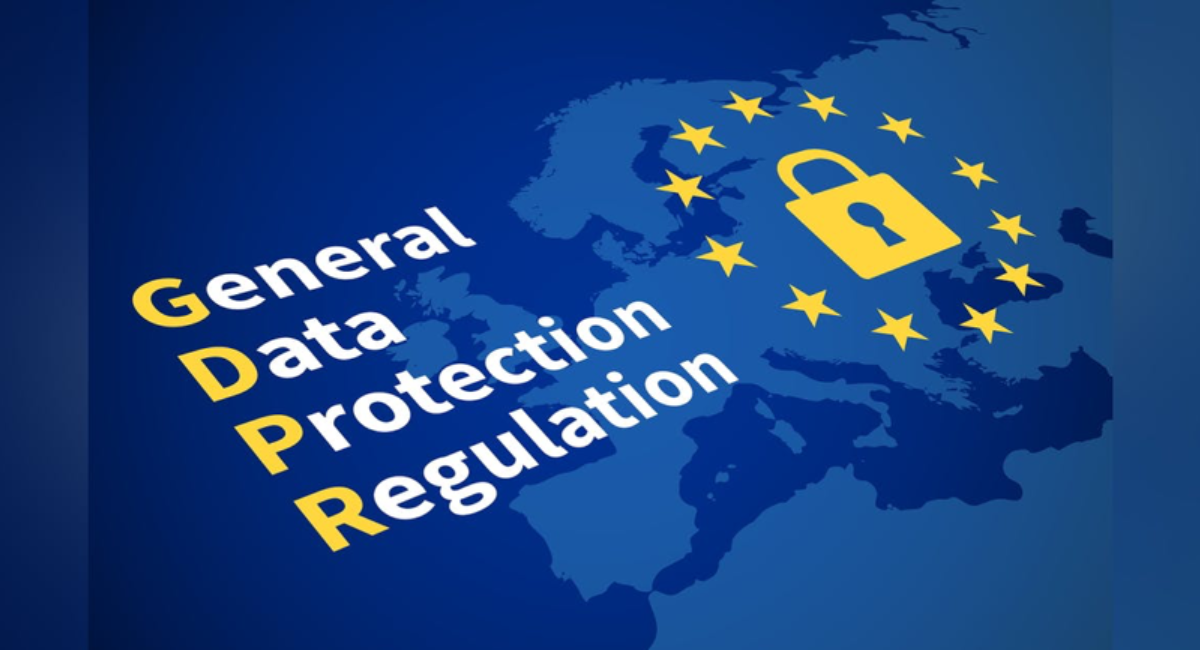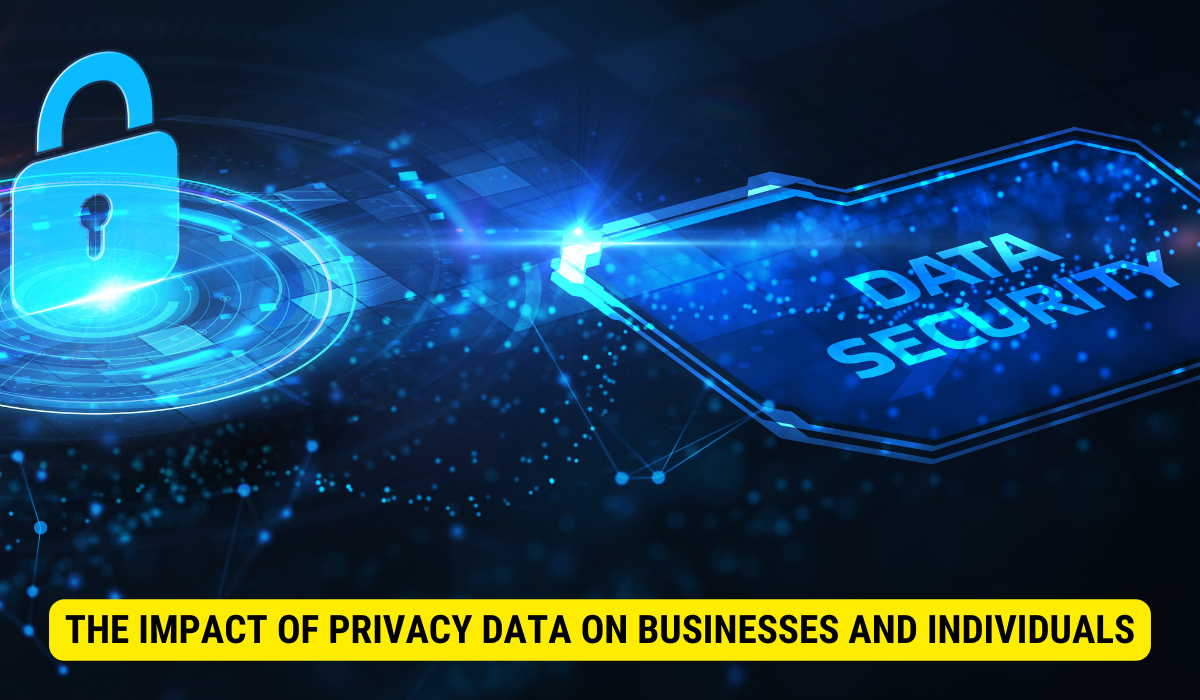Open data has both advantages and drawbacks when it comes to privacy. While it aids in transparency, innovation, and informed decision-making, it raises significant concerns about misusing personal information. Striking a balance between open data and privacy is critical and involves evolving regulations, technologies, and public awareness.
In an increasingly digital world, where personal information is constantly being collected and shared, privacy data has become a topic of great importance. From social media platforms to online shopping, individuals constantly leave a digital footprint containing vast amounts of personal information. But will privacy data matter in the future? Let’s explore this question by examining the concept of privacy data, the current state of privacy data, its importance in the future, the challenges and solutions for future privacy data, and finally, the impact it will have on businesses and individuals.
Understanding the Concept of Privacy Data
Before delving into the significance of privacy data in the future, it is essential to define privacy data. Privacy data refers to any info that can be used to recognize an individual, such as their name, address, social security number, and even their online browsing habits. With the growing integration of technology into our daily lives, the amount of privacy data being generated and collected has soared to unprecedented levels. Companies and organizations often store and analyze this data to gain visions into consumer behavior, personalize advertising strategies, and improve products and services.
Defining Privacy Data
Privacy data encompasses a wide range of personally and non-personally identifiable information. Personally identifiable information (PII) includes data that directly identifies an individual, such as their name, date of birth, and contact information. On the other hand, non-personally identifiable information (non-PII) does not directly identify an individual but can still provide valuable insights when analyzed collectively. Examples of non-PII include IP addresses, device information, and user preferences.
Regarding privacy data, it is important to consider the different data types that fall under the umbrella of personally identifiable info. This includes obvious data points like names and addresses and more subtle identifiers such as social media posts, online shopping habits, and even biometric data like fingerprints or facial recognition patterns. All of this information, when combined, can paint a detailed picture of an individual’s life, preferences, and behaviors.
On the other hand, non-personally identifiable information may seem less intrusive at first glance. However, when analyzed collectively, this data can still reveal valuable insights about individuals and their behaviors. For example, analyzing IP addresses can provide information about a person’s location, while device information can reveal their preferred operating system or device type. User preferences, such as favorite websites or preferred online shopping categories, can also be used to create targeted marketing campaigns.
The Evolution of Privacy Data
The concept of privacy data has evolved significantly over the years. In the past, individuals had more control over their personal information, as it was primarily stored offline in physical formats. However, with the advent of the internet and digital technologies, the collection and storage of privacy data have become more complex and far-reaching. Today, privacy data is generated through online activities and everyday interactions with smart devices, wearables, and even public surveillance systems.
Smart devices, such as smartphones, smartwatches, and smart home assistants, have become integral to our lives. These devices collect vast amounts of data about our daily activities, from our location and communication patterns to our health and fitness metrics. Wearable devices, like fitness trackers and smartwatches, constantly monitor our heart rate, sleep patterns, and even stress levels. When combined with other privacy data sources, this data can provide a comprehensive view of an individual’s lifestyle and well-being.
In addition to personal devices, public surveillance systems contribute to the generation of privacy data. CCTV cameras, facial recognition technology, and license plate recognition systems are just a few examples of how public spaces are being monitored and recorded. While these systems serve important purposes like enhancing public safety, they also raise concerns about the potential misuse or abuse of privacy data. Striking the right balance between safety and privacy is an ongoing challenge in the digital age.
As technology advances, the amount and complexity of privacy data will only increase. Individuals, establishments, and policymakers must understand the intricacies of privacy data and its implications. Balancing the benefits of data-driven insights with the need to protect individual privacy rights is a delicate task that requires ongoing dialogue and collaboration.
The Current State of Privacy Data
In today’s digital age, privacy data has become highly valued and sought after by various entities. Companies utilize consumer data to tailor advertising campaigns and personalize user experiences. Governments collect and analyze data to enhance security measures and provide public services. However, this vast collection and utilization of privacy data have also raised concerns about the potential misuse and abuse of personal information.
Privacy Data in Today’s Digital Age
Nowadays, privacy data is collected through multiple channels. Social media platforms, for instance, gather vast amounts of user-generated content, including personal preferences, relationships, and location information. Online retailers track purchase history, browsing behavior, and demographic details to offer targeted recommendations and improve customer satisfaction. Additionally, government agencies collect data for various purposes, such as ensuring public safety and delivering essential services.
Privacy Laws and Regulations

To address the growing concerns surrounding privacy data, governments around the world have executed laws and regulations. These regulations aim to protect individuals’ privacy rights and guide how organizations should collect, store, and use personal data. For example, the European Union’s General Data Protection Regulation (GDPR) provides individuals with greater control over their personal data, requiring organizations to obtain explicit consent for data processing and providing the right to access and delete personal information.
The Importance of Privacy Data in the Future
As technology advances and becomes more integrated into our lives, the importance of privacy data will likely increase exponentially. The future will bring new challenges and opportunities, particularly as emerging technologies, such as artificial intelligence and the Internet of Things (IoT), become more prevalent.
Predicted Changes in Data Privacy
In the future, we can imagine significant changes in data privacy as new technologies evolve. Stricter regulations and increased transparency are likely to be implemented to address concerns surrounding data breaches, unauthorized access, and unethical data practices. Additionally, individuals may have greater control over their privacy data, with tools and platforms that allow them to manage their information more effectively.
The Role of Privacy Data in Future Technologies
Future technologies will rely heavily on privacy data to provide personalized experiences and improve overall functionality. For example, smart homes with IoT devices will require vast amounts of privacy data to operate efficiently. These devices will gather data on occupants’ behaviors and preferences to automate tasks and enhance comfort. Similarly, advancements in healthcare technologies will rely on privacy data to develop personalized treatments and improve patient outcomes.
Challenges and Solutions for Future Privacy Data
While privacy data offers immense potential, it also brings numerous challenges that must be addressed. Future privacy data management will require innovative solutions to tackle these obstacles.
Anticipated Challenges in Privacy Data Management
One of the significant challenges in privacy data management is striking the right balance between data collection and individual privacy. As data collection becomes more pervasive, organizations must prioritize protecting personal information while utilizing it for meaningful insights. Additionally, ensuring data security and protecting against data breaches will remain a crucial challenge as cyber threats evolve.
Potential Solutions for Future Privacy Data Issues
Emerging technologies, such as blockchain, hold promise in addressing future privacy data issues. Blockchain technology provides secure and transparent data storage, enabling individuals to have greater control over their privacy. It can also facilitate data sharing between trusted parties without compromising sensitive information, which is particularly beneficial in industries like healthcare and finance.
The Impact of Privacy Data on Businesses and Individuals
Privacy data has a profound impact on both businesses and individuals. Understanding these implications is crucial in predicting how privacy data will matter.
Future Implications for Businesses
From a business perspective, privacy data will become vital for strategic decision-making, product development, and customer engagement. Companies that can effectively harness privacy data while adhering to ethical practices and regulations will gain a competitive advantage. However, organizations that fail to prioritize privacy and data security risk reputational damage and loss of consumer trust.
Future Implications for Individuals
On an individual level, the future will bring a higher demand for privacy and personal data protection. Individuals will become more aware of their rights and take proactive measures to protect their privacy. Tools and technologies that enable individuals to control their privacy data will become more prevalent, empowering individuals to make informed decisions about how their data is collected and used.
Key Takeaways
- Balance is Crucial: While open data offers numerous societal and economic benefits, balancing it with privacy is key to ethical data handling.
- Regulations are Vital: Legislation like the GDPR helps set up data collection and dissemination guidelines, safeguarding individual privacy.
- Rising Complexity: As technologies like IoT and AI become more prevalent, the complexity of managing privacy in the context of open data will increase.
- Technological Solutions: Blockchain offers innovative ways to address privacy concerns in open data management.
- Public Awareness: An informed public that understands the risks and rewards of open data and privacy can push for more responsible data practices.
FAQs
What is Open Data?
Open data is information that is freely accessible, serviceable, and shareable by anyone for any purpose.
How Does Open Data Impact Privacy?
Open data can potentially include sensitive or personally identifiable information, leading to concerns about privacy invasion or data misuse.
What are the Benefits of Open Data?
Open data helps foster innovation, improve public services, and enhance transparency in governance.
How are Privacy Concerns Addressed in Open Data Initiatives?
Most open data initiatives aim to anonymize data and remove personally identifiable information before making it publicly available. Regulations like GDPR also provide a legal framework to protect privacy.
What Future Technologies Could Further Impact the Intersection of Open Data and Privacy?
Emerging technologies like blockchain and advanced encryption methods could help in securely and transparently handling data, thus potentially easing privacy concerns.
Conclusion
Open data has a profound yet complex relationship with privacy. While it can be a powerful tool for transparency and innovation, it also holds the potential for privacy infringement if not handled cautiously. A multi-pronged approach involving technological solutions, robust regulations, and public education is essential for navigating the intricate landscape of open data and privacy.
